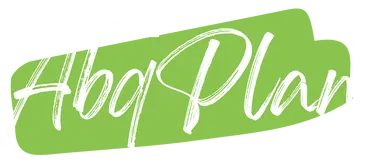Why Financial Literacy
The Abq Plan has spent several years helping homeless people get off the street. We now realize that to work towards truly ending homelessness, our time, energy, and efforts must also be spent on educating people about personal financial literacy. Every homeless person we have helped get off the street, get a bed, and find a job still struggles to save money for emergencies. We have found that once they have a job and income, they all still need personal financial literacy training to ensure they never become homeless again due to another emergency.
Key notes
- The Abq Plan is adding a focus area for financial literacy
- Financial literacy keeps people from becoming homeless
- Homeless need financial literacy once we get them off the street
By learning to save 10% of their paycheck, an individual can build up between one to six months of savings, which will help them survive crises such as job loss or illness. Recently, I heard that 80% of people in the United States couldn’t come up with $1,000 for an emergency. This is a disaster waiting to happen.
To address this issue, we are going to start working with companies and organizations that teach financial literacy. One of the nonprofits we are interested in is Circles USA. They have a proven method to help individuals double their household income in three years, as confirmed by UCLA Anderson School of Management. Another organization we will work with is United Financial Freedom, which helps people pay off their mortgage and credit card debt and build wealth. Additionally, many credit unions and banks offer financial literacy programs that we will leverage.
We aim to form new habits because we are creatures of habit. By developing better money habits and a savings mentality, individuals can stay in their homes and off the streets. This is an important area where we want to invest our time, energy, and effort in the future.
We will also partner with some for-profit organizations and ask them to contribute a portion of their revenue back into the community through our nonprofit organization. This revenue will go towards a rental assistance program to help low-income people. By providing up to $3,000, we can assist those who lose their job or are too sick to work full-time, helping them stay in their homes during tough times.
– Charles William Holman
